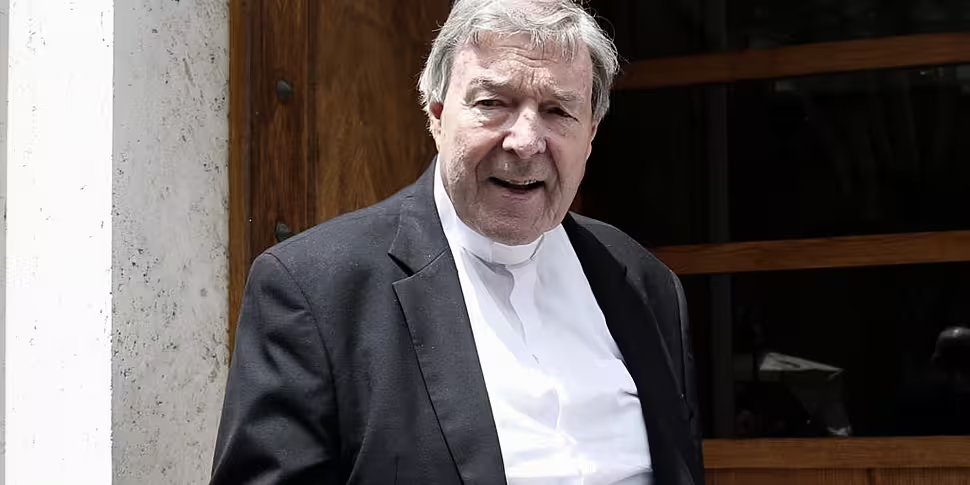An Australian court has begun hearing an appeal by Catholic Cardinal George Pell against his conviction for child sexual abuse.
The 77-year-old was found guilty last year of abusing two boys inside a Melbourne cathedral in 1996.
He was found guilty of sexually abusing the 13-year-old choir boys in the priests' sacristy of St Patrick's Cathedral in Melbourne, where he was archbishop at the time.
He was convicted of abusing the two boys whom he had caught drinking sacramental wine in a rear room of the cathedral, as hundreds of worshippers were streaming out of Sunday services.
He was also found guilty of assaulting one of the boys in a corridor more than a month later.
He was jailed for six years in March.
Speaking at the time, Justice Peter Kidd said there had been no evidence that Cardinal Pell was impaired in any way during the offences, and that in evidence to the contrary, he had committed the first offences after delivering Sunday solemn mass.
Justice Kidd said: "What you did was so egregious that is fanciful to suggest you may not have fully appreciated it."
He said the decision to offend was "reasoned, albeit perverted."
The judge said that as an archbishop, Cardinal Pell was "profoundly revered" and held up as a pillar of the community.
He said Cardinal Pell's moral culpability was "high" and rejected the defence submission that the offences were to the lower end of the scale.
Sentencing him, Justice Kidd acknowledged that the offences were an "isolated incident" and that apart from them, the 77-year-old was of good character.
The ex-Vatican treasurer is the most senior Catholic figure to be convicted of such crimes.
He has always maintained his innocence and argues the verdict was unreasonable.
The appeal is being heard by the Supreme Court of Victoria before a three judge panel.
His lawyers have issued written submissions to the court as to why they claim the offending could not have occurred - including issues with Pell's location in the church at the time of the offending and with the dates of the offences in the 1990s.









